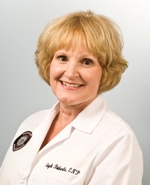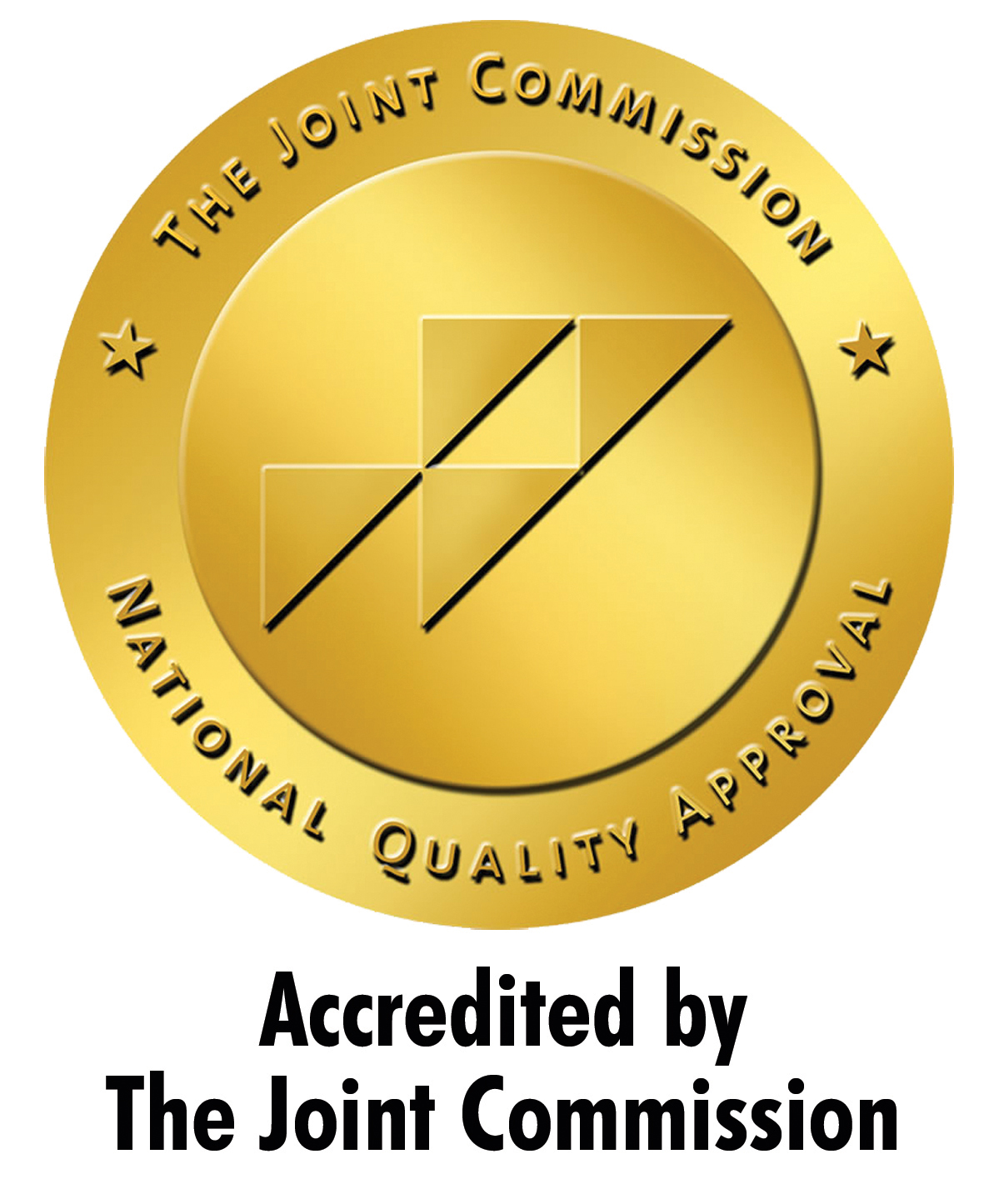What is a Nurse Practitioner (NP)?
By Gayle A. Roberts, CNP, MSN, RN
February 19, 2014Increasingly, patients at Trinity Medical Group and other healthcare centers are being asked if they would like to see a Nurse Practitioner. Since the 1970's, Nurse Practitioners (NPs) have provided care in primary, acute and specialty healthcare centers. NPs began in response to a shortage of physicians, which continues today.
NPs can examine, diagnose, order and review diagnostic tests (such as lab work and x-rays), prescribe medications, and provide education and counseling for acute and chronic conditions. They are especially good at health promotion and assisting patients with planning to achieve healthcare goals. NPs commonly treat diabetes, high blood pressure, arthritis, injuries and infections. They also provide well-patient care and preventive care.
The 189,000 NPs in the United States are employed in hospitals, emergency centers, nursing homes, health clinics, urgent care centers and critical care units. Many NPs specialize in a healthcare area such as cardiology, women's health, pediatrics, family and adult medicine.
Patients can be assured of high quality care from nurse practitioners. To be nurse practitioners, they must be registered nurses with a master's degree in nursing (MSN) or a doctoral degree. This education includes extensive courses of study and over 500 hours of clinical experience. Upon completion of the degree, the NP must pass a rigorous national certification exam which recognizes them as expert healthcare providers and ensures that high quality care will be provided. After passing the certification exam, the NP will then be granted a license by the state of Ohio to practice as an Advanced Practice Nurse or APN. In Ohio, NPs must work in collaboration with a physician. This collaboration means that the physician is informed of the care provided, is available for consult and provides review of prescribing practices. To maintain certification and licensure, NPs must complete continuing education and clinical practice.
NPs are becoming the choice healthcare provider for many. In the US, over 916 million people have been treated by an NP. Surveys of patients have repeatedly shown NPs as providing high quality of care that they were highly satisfied with. NPs are often available for an appointment earlier than a physician.
The next time you are asked if you would like to see a Nurse Practitioner, consider this healthcare choice. Since NPs have extensive education, clinical experience and national qualifications and also work with your physician, you can be assured that your care will be the best it can be.
Gayle A. Roberts, CNP, MSN, RN is a retired nurse practitioner and college nursing professor who volunteers for Trinity Hospital Twin City.
« Back to Learning Center



